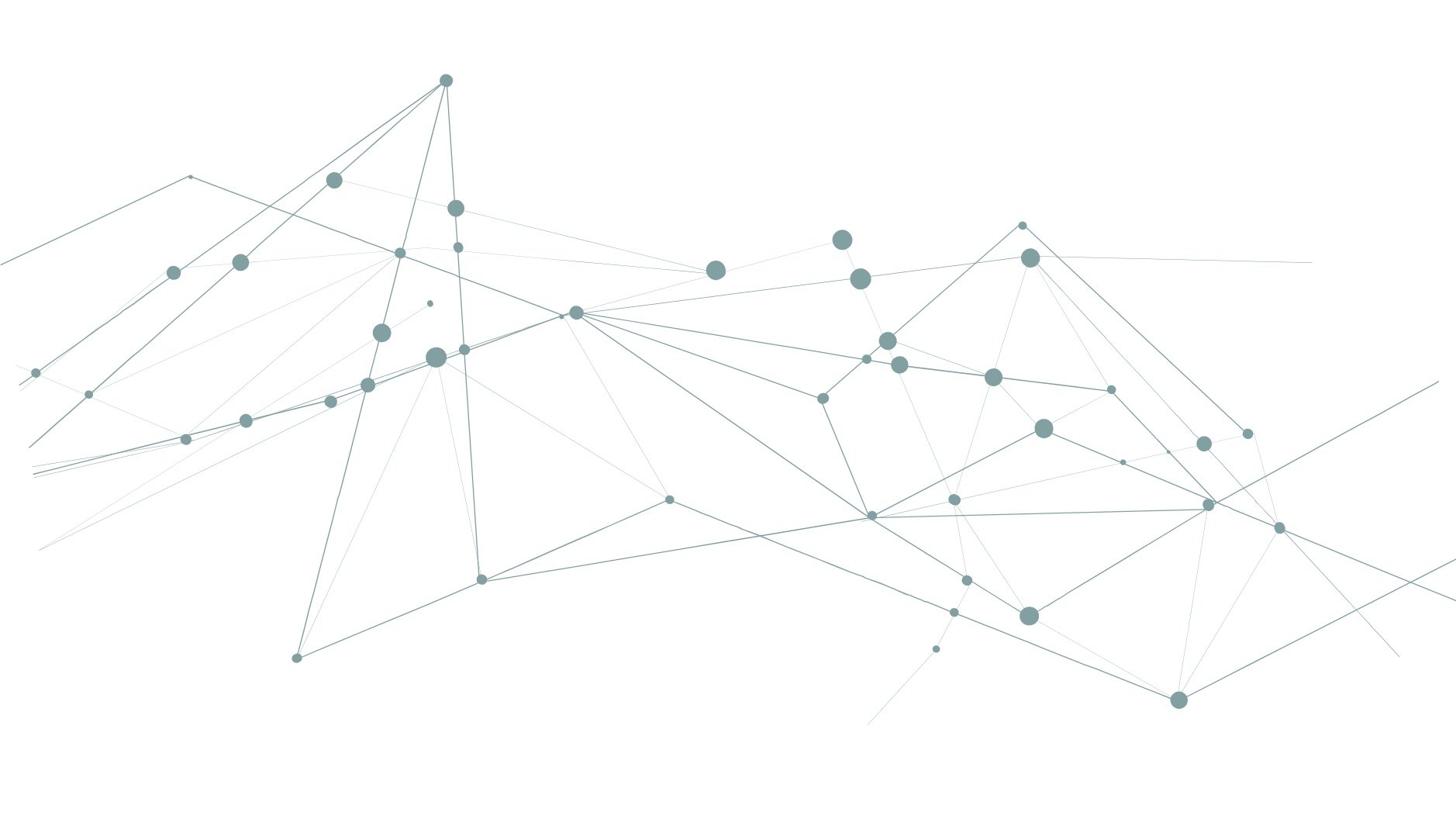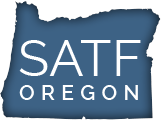Who we are, and what we do.
The Oregon Attorney General’s Sexual Assault Task Force is a private, non-profit, non-governmental statewide agency (501c-3 nonprofit), operating four programs and coordinating over 100 multi-disciplinary members who serve as advisors on our Task Force Advisory Committee: Advocacy Response, Campus, Criminal Justice, Legislative & Public Policy, Medical-Forensic, Men’s Engagement, Offender Management, and Prevention Education.
In organizing and maintaining a membership body, the Oregon Attorney General’s Sexual Assault Task Force seeks to facilitate cross-discipline collaboration and cultivate victim-centered approaches to sexual assault primary prevention, victim advocacy, medical forensic care, criminal prosecution and sex offender management and treatment.
What we believe.
Violence and abuse are preventable, and everyone has a role to play in prevention.
Survivors of sexual violence and abuse deserve to be heard, supported, and believed.
No one deserves to experience violence or abuse.
Oppression, in all forms, is the root cause of violence and abuse. This includes, but is not limited to, racism, sexism, homophobia, ableism, xenophobia, classism, and ageism.
Our mission.
Our mission is to facilitate and support a collaborative, survivor-centered approach to the prevention of and response to sexual violence. We accomplish our mission by advancing primary prevention and providing multi-disciplinary training and technical assistance to responders in Oregon and nationally.

“I love what the Task Force stands for – their values are embedded in their work; it’s not an afterthought.”
Lisa Norton
“We must have buy-in from people everywhere. It can’t just be a few service providers; it must be an expanding partnership.”
Nicole Broder, SANE
Our legacy.
A Note from Oregon Attorney General, Ellen Rosenblum:
“Formed in 1999 by my predecessor, Attorney General Hardy Myers, in collaboration with statewide advocates, activists, and leaders, the Oregon Attorney General’s Sexual Assault Task Force has a proud history of addressing sexual violence in Oregon.
The spirit of the task force comes from the membership, a group of multidisciplinary responders dedicated to making Oregon a safe and thriving community so that all of our residents can lead true, authentic lives.
This dedication is communicated through the many resources and programs SATF develops and implements, including position papers, manuals, training, technical assistance, legislative and policy efforts, and primary prevention efforts.
As Oregon’s Attorney General, I am proud of the Department of Justice’s legacy as reflected in the Attorney General’s Sexual Assault Task Force.”
Founders Hardy Meyers (Oregon Attorney General) and Phyllis Barkhurst, 2005. | Hardy Meyers in his office, 2008.
FAQs
-
Yes. Oregon SATF is a 501c3 nonprofit agency. You can view our public disclosure form by clicking here.
-
No. Oregon SATF does not operate a shelter service, crisis hotline, or other advocacy resources.
However: we do connect and refer survivors, and those trying to support survivors, to appropriate local organizations in their communities.
Click here to view our resources for survivors and those that support them.
If you are a college student or someone supporting a college student in Oregon, the Oregon SATF Campus Reporting Options website has national, county, and school resources listed to support you.
-
Click here to view our current training offerings! This page is updated to reflect opportunities throughout the year, please check back often.
-
Yes! People working in fields that support survivors, promote accountability and healing, or coordinate systems that prevent or respond to sexual violence are welcome to attend our Task Force Advisory Committee meetings as a guest, and then apply to become a member if interested.
Click here to learn more about the Task Force Advisory Committee and the application process. -
No. Oregon SATF is a separate 501c3 nonprofit. We are grateful to receive funding (grants and funds from punitive damages) and technical support from Oregon DOJ, and work closely with staff across Oregon DOJ’s departments to facilitate and identify opportunities to support survivors in Oregon.



